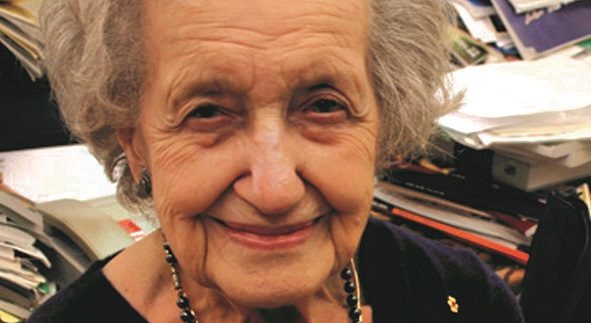Marvin Minsky (1927 – 2016)

Marvin Minsky (1927 – 2016)
Future: artificial intelligence, the digital mind
Prof. Marvin Minsky was one of the founders of the field of artificial intelligence and is among the most influential figures of the twentieth century in a variety of disciplines, including artificial intelligence, robotics, computation, learning, cognition, philosophy and optics.
Minsky was a Professor of Media Arts and Sciences and Professor of Electrical Engineering & Computer Science at the Massachusetts Institute of Technology.
He was a leading proponent of the Society of Mind theory. Articulated in his 1985 book of the same name, Minsky’s theory states that intelligence is not born of any single mechanism, but instead results from the interaction of many independent agents. The book’s sequel, The Emotion Machine (2006), argues that similar activity also accounts for feelings, goals, emotions, and conscious thought.
After receiving his PhD in Mathematics from Princeton University in 1954, Minsky went on to invent a range of robotic and mechanical contrivances, including the confocal scanning microscope, which, in its present form, is a mainstay in the field of neurobiological research.
His subsequent lifelong work at the Massachusetts Institute of Technology, where he founded the Artificial Intelligence Laboratory and served as its first director, focused on learning, intelligence, neural networks and computation. His work yielded path-breaking insights into understanding human and machine learning and intelligence.
Minsky further advanced the field by mentoring many students and researchers. Among his honors and awards are the Turing Award in 1970, the MIT Killian Award in 1989, the Japan Prize in 1990, the IJCAI Research Excellence Award in 1991, the Rank Prize Royal Society of Medicine in 1995 , the Robert Wood Prize for Optoelectronics and the Benjamin Franklin Medal in 2001. He was a member of the National Academy of Sciences and the National Academy of Engineering.


